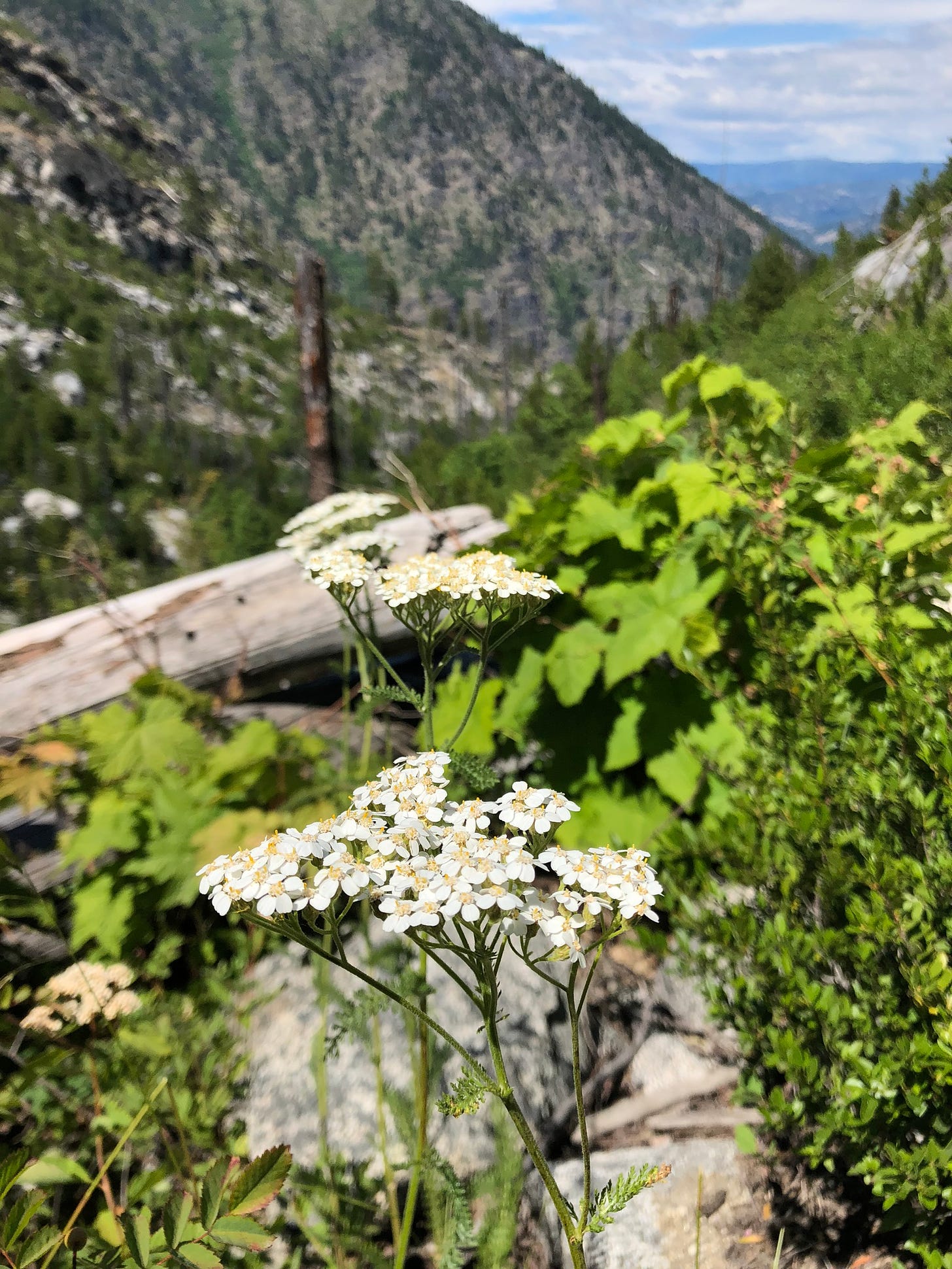Tabs Open #42: Each Blossom Is Worth More Than A Gold Coin As It Shimmers
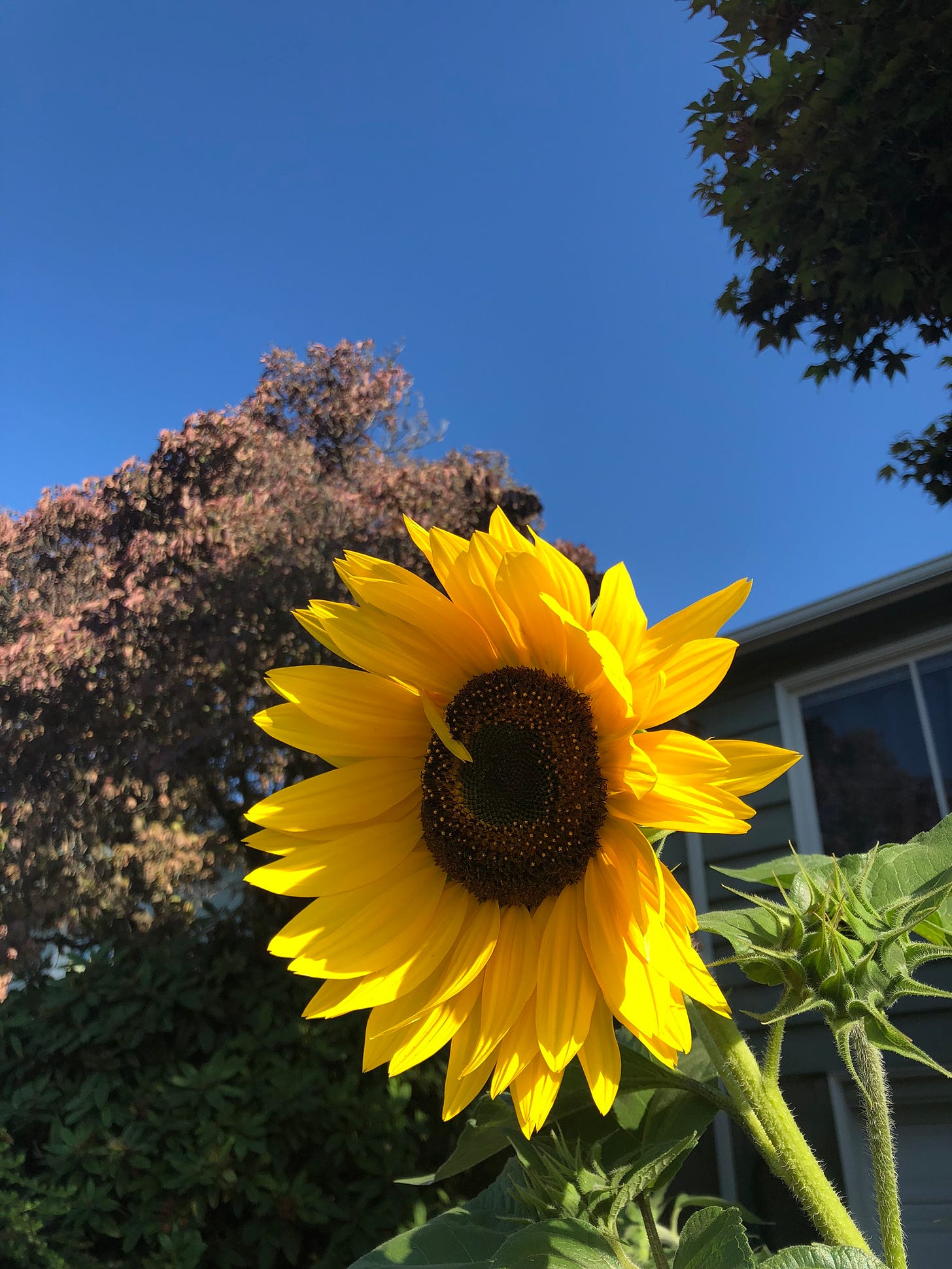
Over the past few years, I’ve begun to cultivate a pair of what I’d consider spiritual commitments. At the time that each first began to interest me I did not consider them related at all, but there is something in the human spirit that demands synthesis, order, a belief in the coherence of one’s own priorities.
So it is that my passion for trees and flowers and herbs has grown wild, as my appreciation for and dedication to Marxist politics has solidified. There are admittedly some inconsistencies: my politics require constant reevaluation and organization, and a regular reapplication of principles to real-world conditions; the fecundity of nature is not bound by any such daily practice. (My herb garden is, though, at any rate. And the commercial garden I worked at for two summers to supplement my teaching income demanded it, too.) But both commitments come, I think, from a desire for a flourishing world, one in which life is a celebration of our common desires and our endless diversity. One in which death is an eventual endpoint of spiritually rich and fulfilling lives and not something brought on too quickly and too often by the relentless drive for profit, for more, a perversion of the natural order.
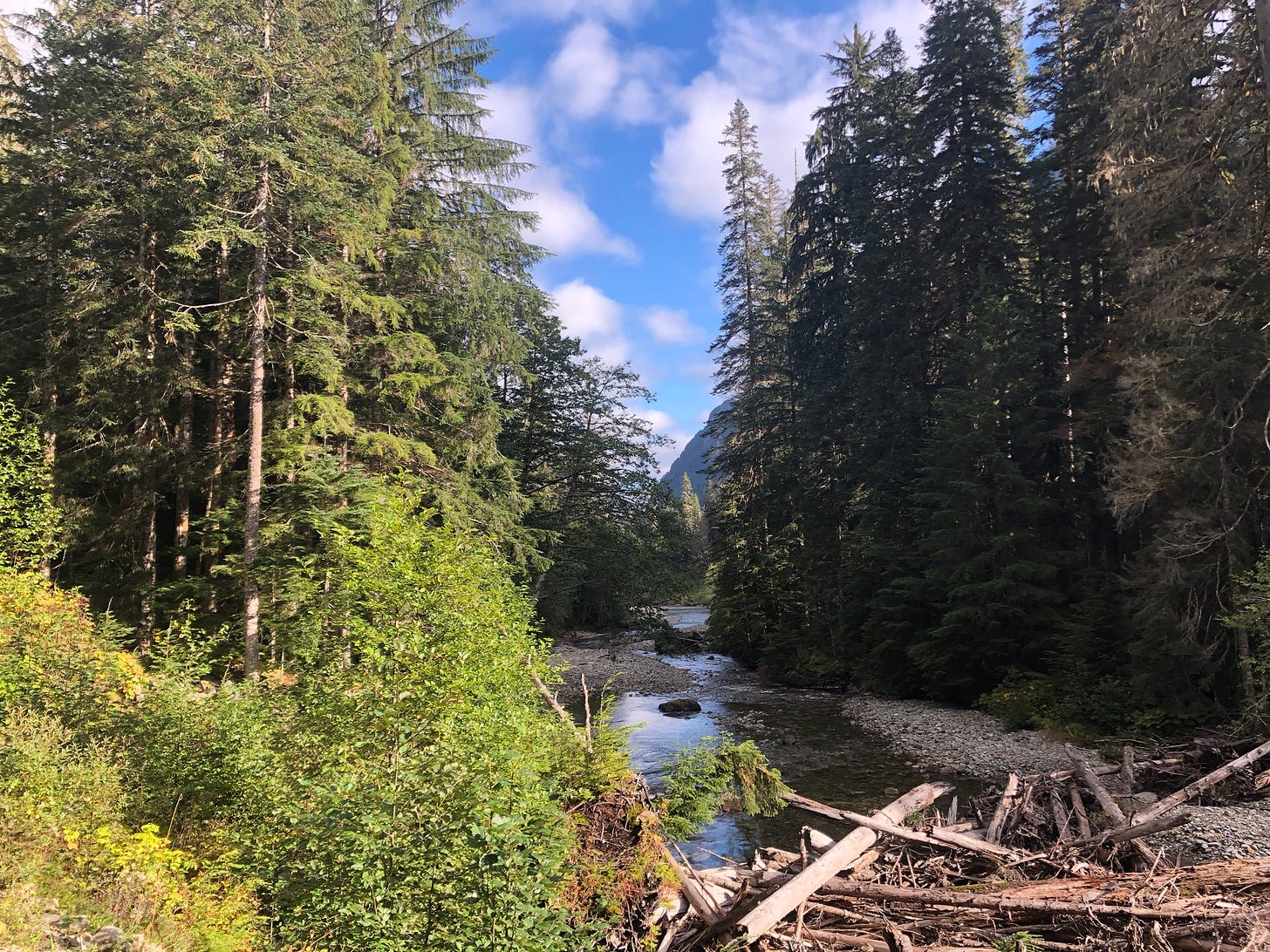
The horticulturist and botanist Liberty Hyde Bailey wrote something along these lines in his Gardener’s Companion, which is ostensibly about growing plants but morphs quickly into a treatise on lots of other things.
The love of gardens, as of every other beautiful and refining thing, must increase to the end of time. More and more must the sympathies enlarge. There must be more points of contact with the world.
To demand and fight for plenty for your neighbors, but learning to live (and to desire) little extra for yourself—this, I think, is the basis of the work. In an ideal society there would be bounty and plenty and everyone would have not just enough, but that which allows them to flourish. But learning to live with less—less excess, not fewer basic necessities or human rights, it feels important to add—also feels foundational to being a good person.
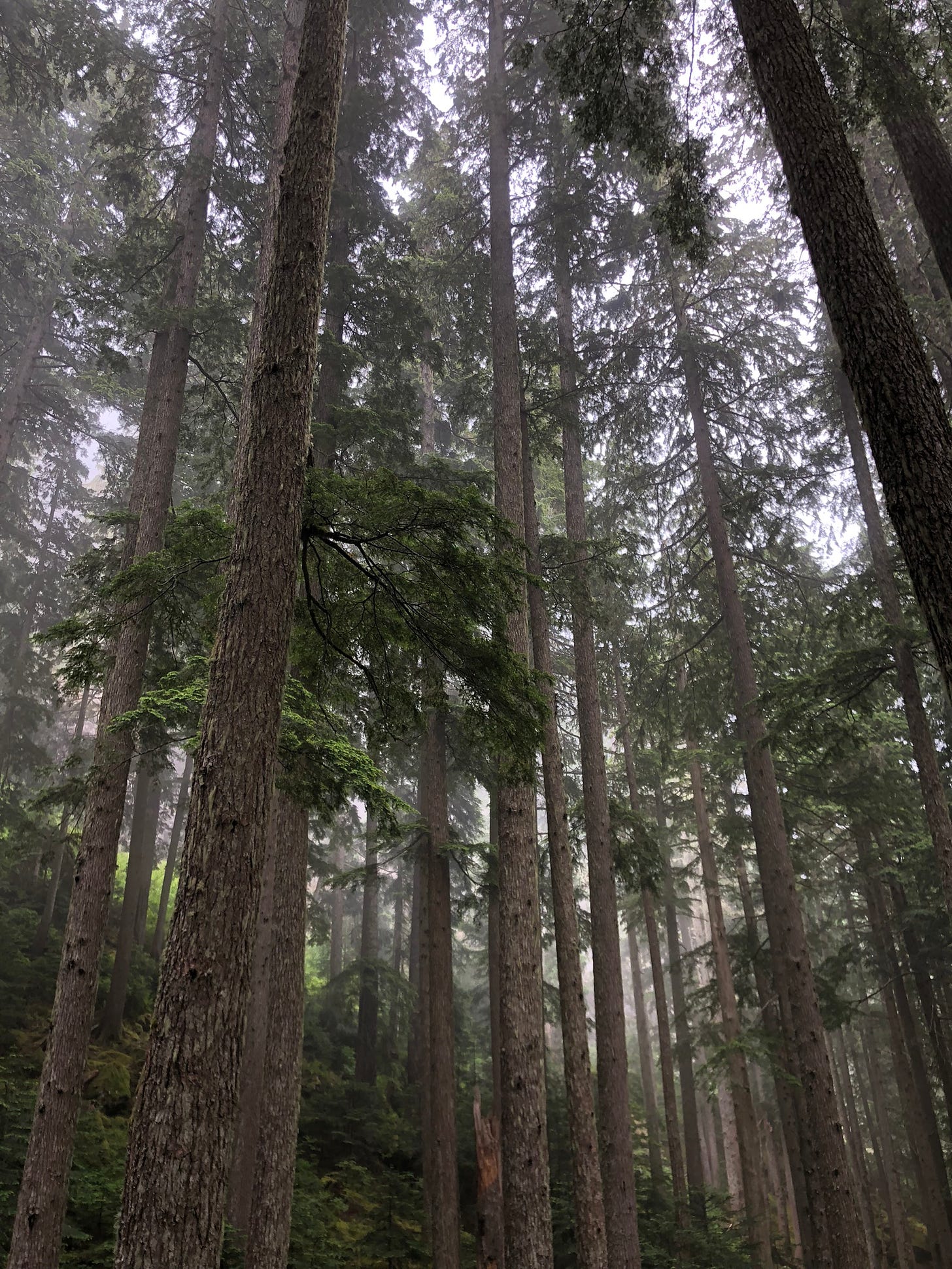
In this there are lessons, too. Bailey continues:
We are apt to covet the things which we cannot have; but we are happier when we love the things which grow because they must. A patch of lusty pigweed, growing and crowding in luxuriant abandon, may be a better and more worthy object of affection than a bed of coleuses in which every spark of life and spirit and individuality has been sheared out and suppressed. The man who worries morning and night about the dandelions in the lawn will find great relief in loving the dandelions. Each blossom is worth more than a gold coin as it shimmers in the exuberant sunlight of the growing spring and attracts the bees to its bosom. Little children love the dandelions; why may not we? Love the things nearest at hand; and love intensely.
Or as Stephen Stills put it:
I briefly mentioned death, above. Let’s return to death for a moment. The desire to live forever is an intensely capitalist one, the logical endpoint of a system predicated on the supremacy of the individual. Capitalism creates in everyone (if they’re not careful) a sort of Protagonist of Reality syndrome where one’s own beliefs and triumphs and tragedy become so outsized as to eliminate any real possibility for empathy or community. There are cartoonish villains acting this out—your Peter Thiels—to keep us all from straying too far in that direction, but the impulse must be combated all the same. (Or maybe I’m a uniquely egotistical person trying to be less so and the rest of you experience no such reactions, in which case, mea culpa.)
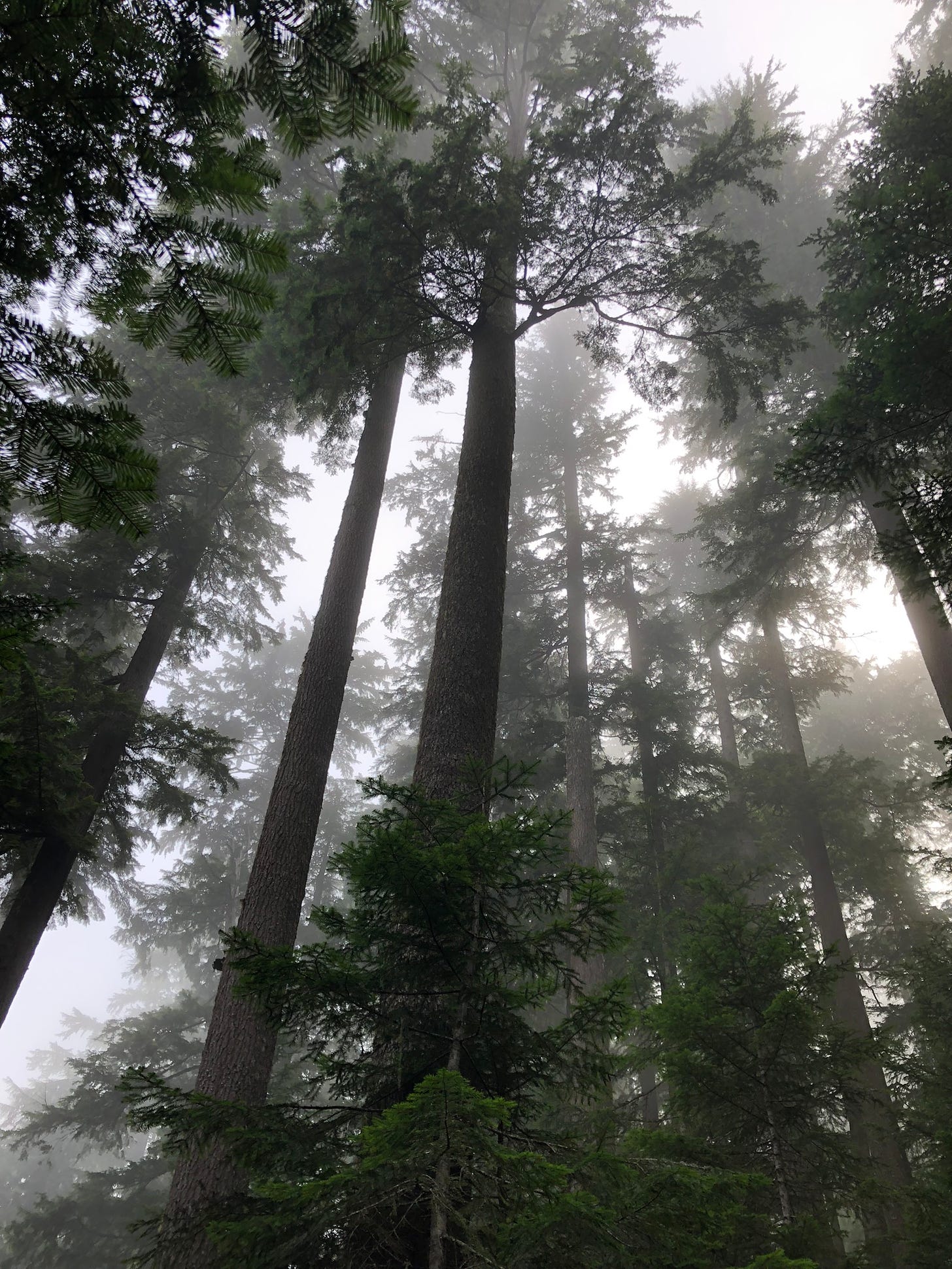
So I want to die—not in the ironic millennial sense, a generational gallows humor based on the suspicion that there is very little that will ever get better for us. I want to die at the end of what I hope to be a long enough, fulfilling enough life, ripe with joys internal and ex-. And I hope there is some peace, and some utility to be found there, too.
Think about how much good there is to be found in a forest’s layer of decay:
Moss covering branches and trunks is often as old as the trees themselves. It plays an important role in capturing nutrients from the air and slowing the flow of rainfall down the tree so that nutrients remain near the trees’ roots. Rotting fungus, and bugs that consume dead trees, convert cellulose and lignin into soil nutrients that feed the astounding rise and near-millennial lifespan of these massive trees. Rot is itself life; there is more living tissue—bacteria, fungus, bugs—in a fallen tree than in a living one.
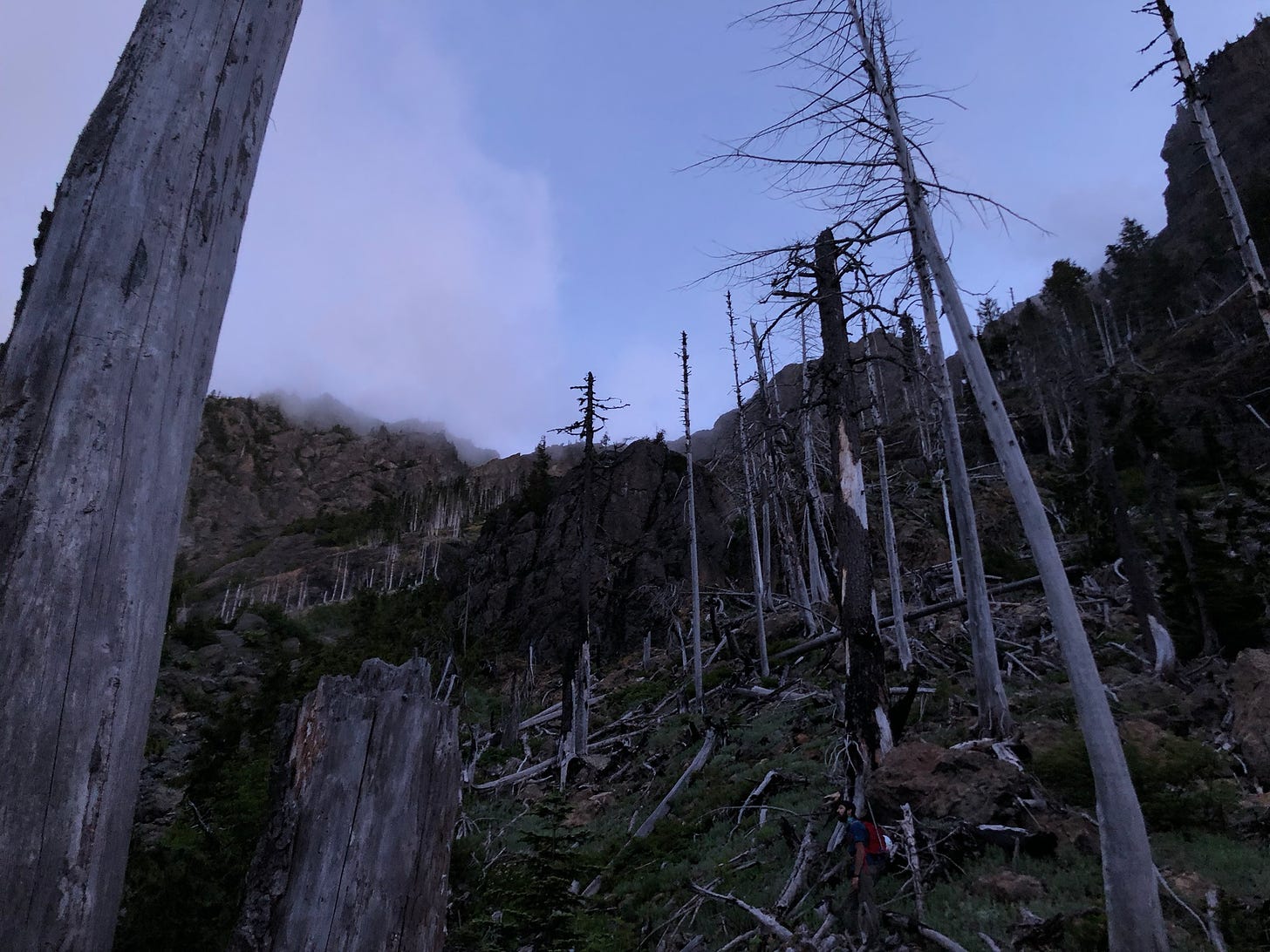
The piece this quote is taken from is called “A Cathedral Not Made by Hands,” which feels fitting to me, who is no longer Catholic but feels an analogous, intense sense of peace and wonder each time I walk through the woods or turn the compost in my little garden bed.
Anyway this is all to say I am working on demanding no more for myself than I think everyone else deserves. And that I don’t think it’s at all contradictory to take that ethos and use it to fight to win the whole world, for everyone.
I like our odds. What other choice do we have?
